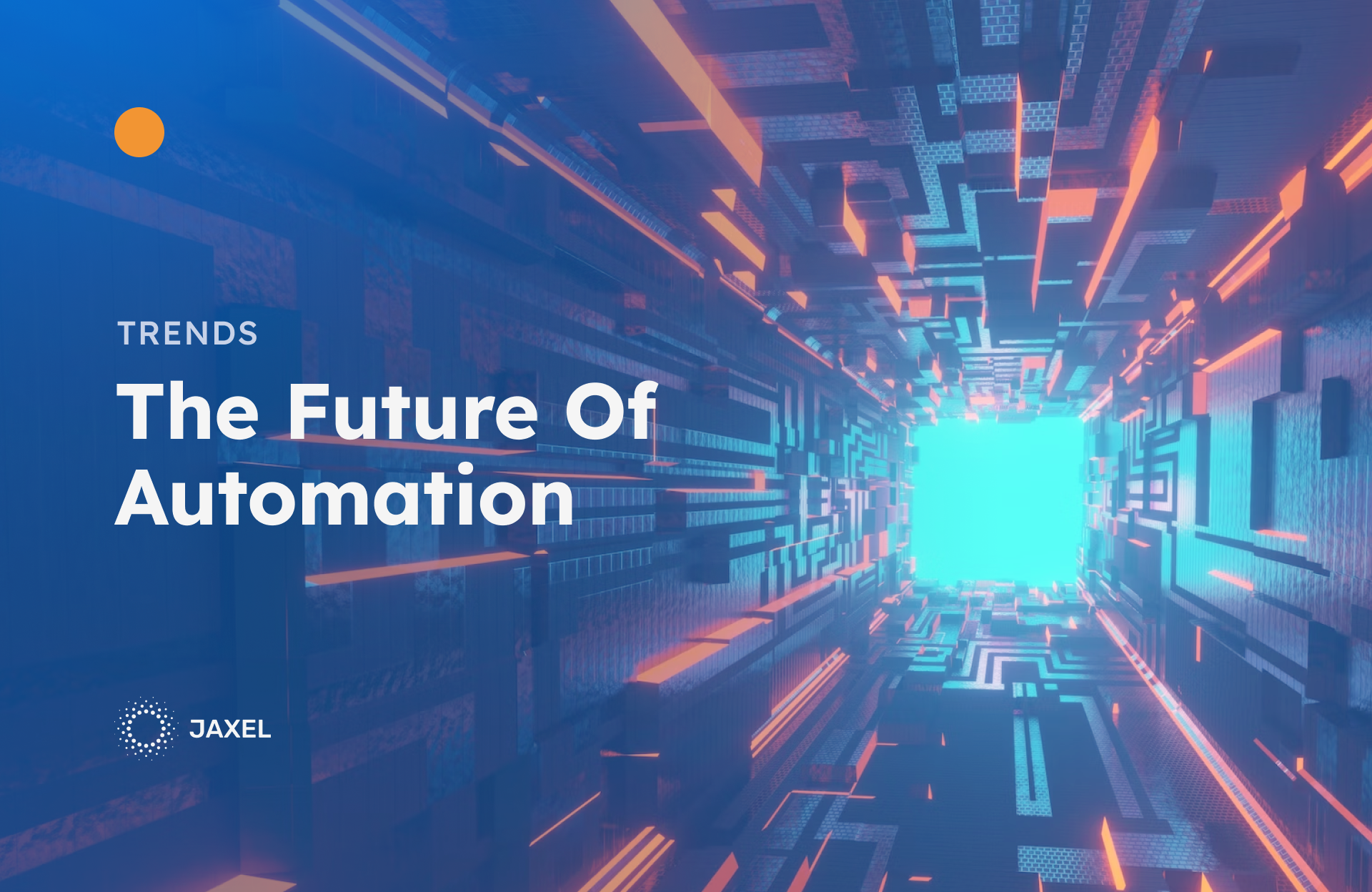Automation has become an important aspect of our lives over the past few decades. Also, it is helpful in revolutionizing various industries and changing our lives. As technology continues to grow, the next decade holds even more excitement for automation. So, from robotics to machine learning, we can expect good in the future of automation.
Artificial intelligence growth is expected to continue in the next decade. AI technologies like machine learning will become even more sophisticated. It is enabling computers to process and understand data and perform tasks. Therefore, from personalized virtual assistants to autonomous vehicles, AI will become an integral part of our lives.
Robots have been a staple of automation for years. But, the next decade will witness a new level of robotic capabilities. Also, Robots will become more versatile and capable of performing a wide range of tasks. With advancements in sensors, robots will be able to navigate complex environments. Also, you can interact with humans and handle delicate tasks with greater dexterity. This will lead to increased automation in industries such as manufacturing, and healthcare.
Autonomous systems will continue to expand their presence in the next decade. The automotive industry is on the cusp of a revolution with self-driving cars. Thus, it will not only enhance road safety but also transform transportation systems. Delivery drones will become more commonplace, revolutionizing last-mile logistics and reducing delivery times. Moreover, the use of autonomous systems will increase leading to cost-effectiveness.
Contrary, the future will likely see greater integration of automation. Rather than replacing jobs, automation will augment human capabilities and free up time. So, collaborative robots will work alongside humans in various industries. This collaboration will lead to a more productive and efficient workforce.
Enhanced Cybersecurity Measures of Automation:
The next decade will witness significant advancements in cybersecurity measures. Also, these measures can protect critical infrastructure, and AI systems from cyber threats. Thus, robust encryption will be essential in maintaining the privacy of automated systems.
The rise of automation also brings forth important ethical and social implications. So, as machines take on more decision-making responsibilities, job displacement needs consideration. The ethical frameworks will be crucial in ensuring the responsible deployment of automation.
Key points to keep in mind:
- How will automation continue to impact the workforce in the next decade?
- How will automation technologies evolve and improve over the next decade?
- What are the potential economic and societal implications of widespread automation adoption?
- How will the skills and job requirements for the workforce change?
- How will automation affect the productivity and efficiency of businesses and industries?
- What are the potential risks and vulnerabilities associated with increased automation?
- What are the potential benefits and advantages of automation in various sectors?
- How will automation impact the global economy and international trade?
- How will automation impact the education and training landscape?
Automation’s Decade: Advancements & Implications
- Automation displacement may also create new job opportunities. It requires advanced skills in managing, maintaining, and working alongside automated systems.
- Automation will not replace human workers. Instead, it can augment human labor by automating repetitive and mundane tasks. This shift will likely need individuals and adapt to a changing work landscape.
- Over the next decade, we can expect significant technological advancements. This includes advancements in artificial intelligence, robotics, and machine learning. Moreover, these technologies will continue to evolve and become more sophisticated. Also, it enables automation to penetrate new sectors and applications.
- The widespread adoption of automation will have significant social and economic implications. Governments, businesses, and communities will need to address these challenges. Thus, you can adopt policies that promote inclusivity, upskilling programs, and social safety nets.
How automation could be beneficial in the future?
As automation becomes more prevalent, ethical considerations will become important. Here are several ways in which automation can be helpful:
- Automation can perform tasks with greater accuracy compared to human labor. By automating repetitive and time-consuming tasks, productivity can be increased.
- Automation can help reduce costs in several ways. It eliminates the need for manual labor, which can be costly for wages, benefits, and training. Additionally, automation can cut errors and waste. Also, it can reduce expenses associated with rework or defective products.
Automation systems can perform tasks with precision, minimizing human errors and variations. This can result in higher product quality and greater customer satisfaction.
Automation is promising for the future aspects:
The future of automation in the next decade promises exciting advancements that will shape the way we live, work, and interact. From the integration of artificial intelligence and robotics to the expansion of autonomous systems, automation will revolutionize industries, augment human capabilities, and unlock new possibilities. So, as we embrace these advancements, it is essential to address the ethical and social implications and work toward a future where automation benefits all of humanity.
The next decade is poised to witness remarkable advancements in automation. While it will undoubtedly reshape industries and the nature of work, it also presents opportunities for innovation and improved quality of life. To navigate this transformation successfully, it is crucial for individuals, businesses, and society as a whole to adapt, embrace change, and proactively address the challenges and ethical considerations associated with automation.
Learn More:
References:
- https://www.processmaker.com/blog/the-future-of-automation-and-ai-what-to-expect-in-the-next-5-years/
- https://www.forbes.com/sites/forbestechcouncil/2020/03/02/the-2020s-will-be-the-decade-of-process-automation-heres-what-to-expect/
- https://www.graygroupintl.com/blog/the-future-of-technology-predictions-and-trends-for-the-next-decade









